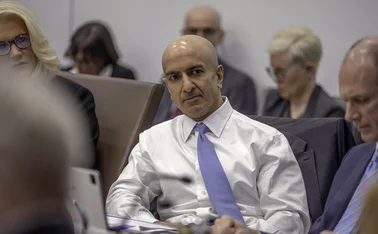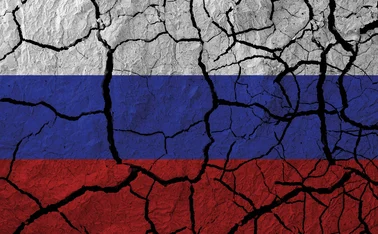
Monetary policy should account for energy shocks, says study
Energy price hikes may cause spiral of higher unemployment and lower spending, paper says

Monetary policy should be partly accommodative of inflation during energy shocks to contain unemployment, a Bank of Italy study says.
In the working paper, Nicolò Gnocato argues that energy price shocks have a greater impact on people who are unemployed than on those who are in work. This is because energy costs take up a greater share of unemployed people’s expenditure.
Higher energy costs also mean firms cut staff, says Gnocato, and higher unemployment causes people to rein in spending. This
Only users who have a paid subscription or are part of a corporate subscription are able to print or copy content.
To access these options, along with all other subscription benefits, please contact info@centralbanking.com or view our subscription options here: www.centralbanking.com/subscriptions
You are currently unable to print this content. Please contact info@centralbanking.com to find out more.
You are currently unable to copy this content. Please contact info@centralbanking.com to find out more.
Copyright Infopro Digital Limited. All rights reserved.
As outlined in our terms and conditions, https://www.infopro-digital.com/terms-and-conditions/subscriptions/ (point 2.4), printing is limited to a single copy.
If you would like to purchase additional rights please email info@centralbanking.com
Copyright Infopro Digital Limited. All rights reserved.
You may share this content using our article tools. As outlined in our terms and conditions, https://www.infopro-digital.com/terms-and-conditions/subscriptions/ (clause 2.4), an Authorised User may only make one copy of the materials for their own personal use. You must also comply with the restrictions in clause 2.5.
If you would like to purchase additional rights please email info@centralbanking.com







